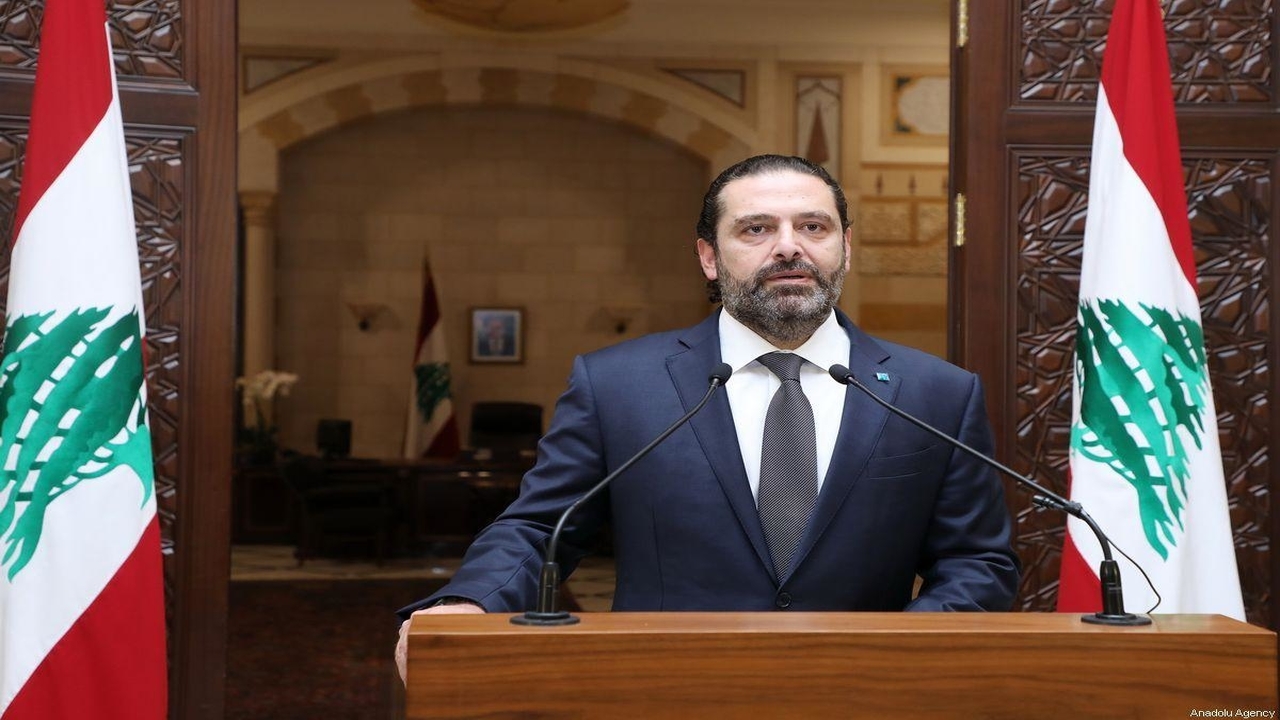Lebanese prime minister Saad Hariri may have resigned but the path ahead for the country seems unclear. Protesters have welcomed his resignation but many sections have refused to end the struggle till some form of systemic change is achieved.
Hariri submitted his resignation to president Michel Aoun on Tuesday, October 29, in a major victory for the ongoing protests in the country. Saad Hariri became prime minister in 2016, after a deal was reached between his Future Movement and the Hezbollah-led March 8 Alliance. Together, they had the support of 71 members of the 128-seat Lebanese parliament. Parliamentary elections were last held in 2018.
Popular protests erupted across Lebanon on October 17 in opposition to the government’s move to introduce several new taxes, including a monthly USD 6 tax on VOIP calls. Appeals for the protests went viral on social media, leading to heavy mobilization on the ground. Key sections of the opposition, including the left and trade unions, are also taking part in the protest.
Though the government announced the withdrawal of the proposed taxes, the protests escalated and became a movement against the entire political class in the country, which was held responsible for the acute economic distress, aggravated by the massive loot of public money by the elite classes.
Hariri’s government had tried in vain to placate the protesters last week, when a series of reforms were announced, including the cutting of salaries of most of the government officials and politicians by half and welfare measures for the poor and unemployed.
However, despite these promises, the protesters refused to vacate the streets, and, on the contrary, intensified their agitation. A call for a general strike was given and consequently, almost all educational, financial and commercial activities in the country were shut for the last five days, with the protesters blocking most of the main streets and public avenues.
Reports suggest that some of the roadblocks installed by the protesters at several places have been lifted, following an appeal by the army.
While formal demands have not been presented, anger against the confessional governing system established after years of civil war (1975-1990), as a compromise among the warring factions, is widespread.
According to the confessional compromises reached under the Taif Agreement of 1989, each of the major sects would receive a quota within parliament. Similarly, major political posts were allotted on a sectarian basis. For instance, the prime minister would be a Sunni and the president a Christian, while the speaker of the parliament would be from the Shia community.
It is a widely held view that such fixed quotas on sectarian lines have kept the country divided and have been used for political gain. The system has bred corruption and inefficiency, leading to grave economic problems in the country.
Lebanon has a massive public debt crisis and a high youth unemployment rate. The government has often been blamed for its failure to deliver basic public services, including its failure to deal with last month’s massive forest fires.
As the people express their happiness with Hariri’s resignation, they continue to demand large-scale systemic changes in the country’s polity under a transitional technocratic government. The popular struggle is not over yet.





